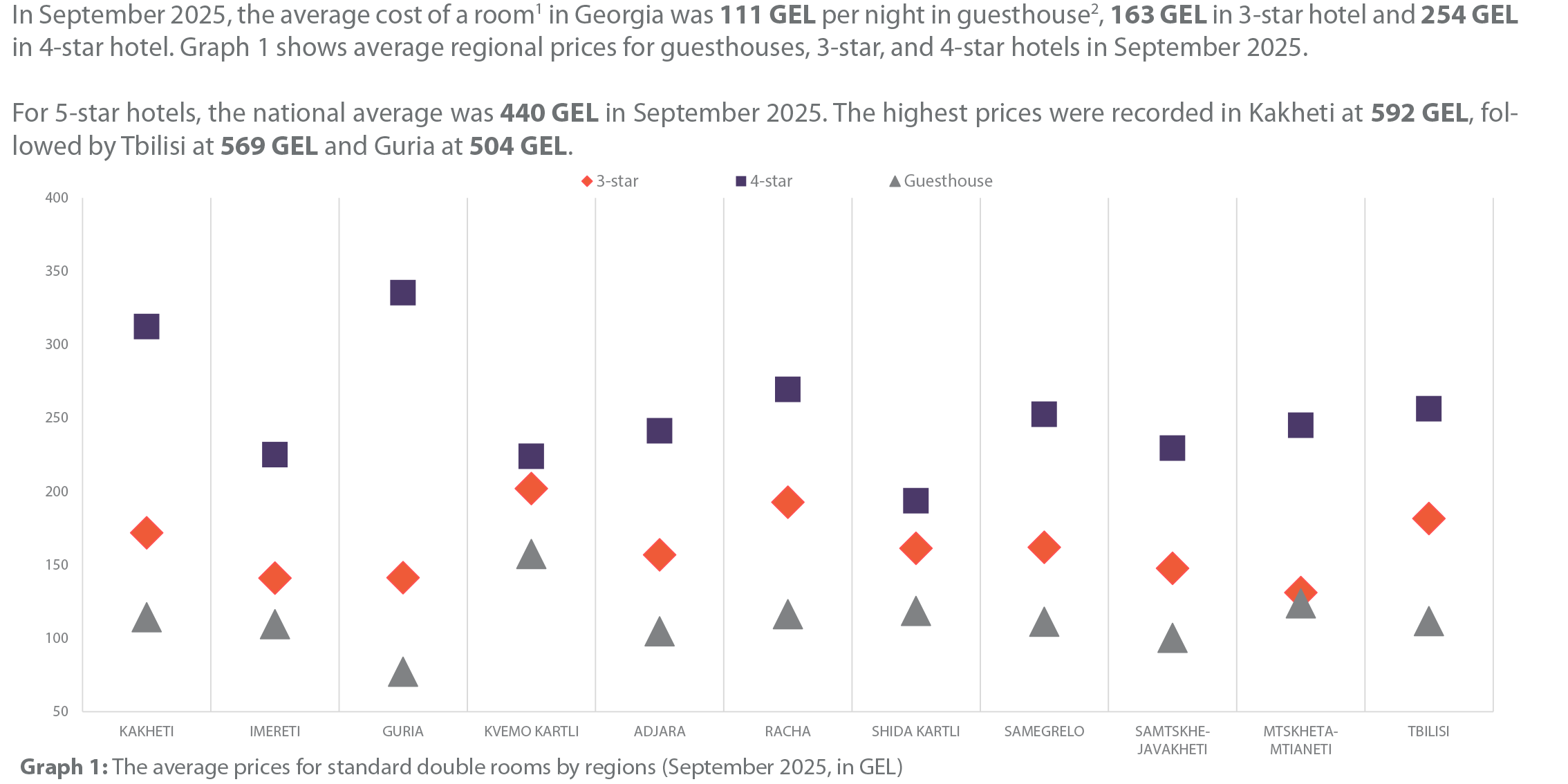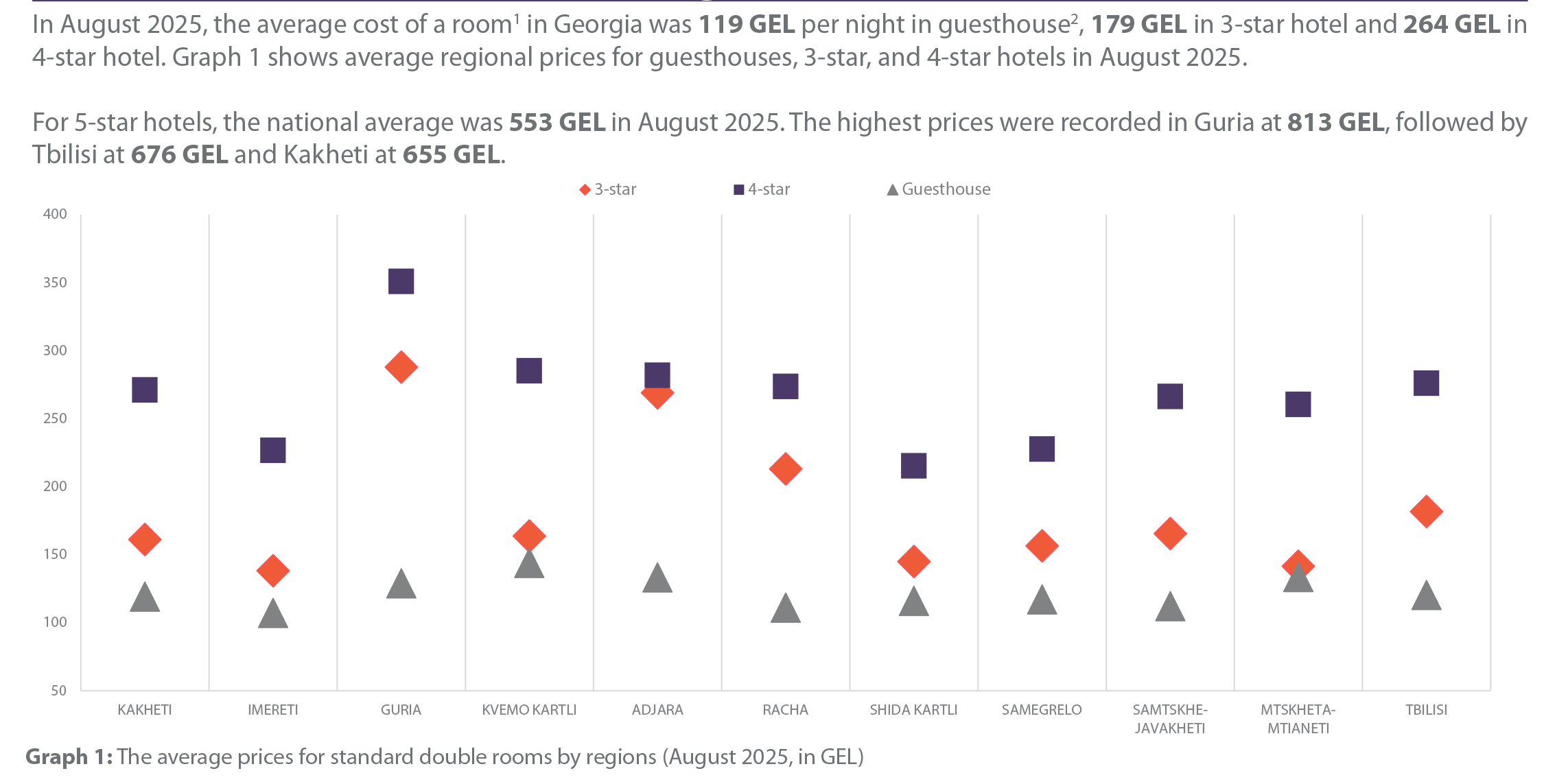PMCG is Supporting JICA in Regional Development Project
Mar, 2012
The Parliament of Georgia has Adopted Interim Institutional Development Plan Prepared by PMCG
Mar, 2012
PMCG has been Awarded the Indefinite Quantity Subcontract under the USAID Funded HICD+ Program
Dec, 2011
PMCG has Launched Time Measurement Methodology Project for Customs
Dec, 2011
PMC Research Center Launches Fiscal Risk Study for Georgia
Dec, 2011
EBRD support to policy and regulatory development in the Georgian electronic communications sector
Dec, 2011
PMCG provides services and implements projects in Balkans
Nov, 2011
PMCG Launched Monitoring and Evaluation Project in Adjara
Nov, 2011
PMCG and BUREAU VERITAS singed the cooperation agreement
Nov, 2011
PMCG Launched Strategic Planning Project in Adjara
Oct, 2011














